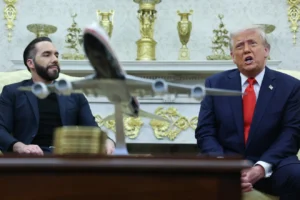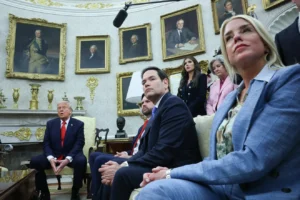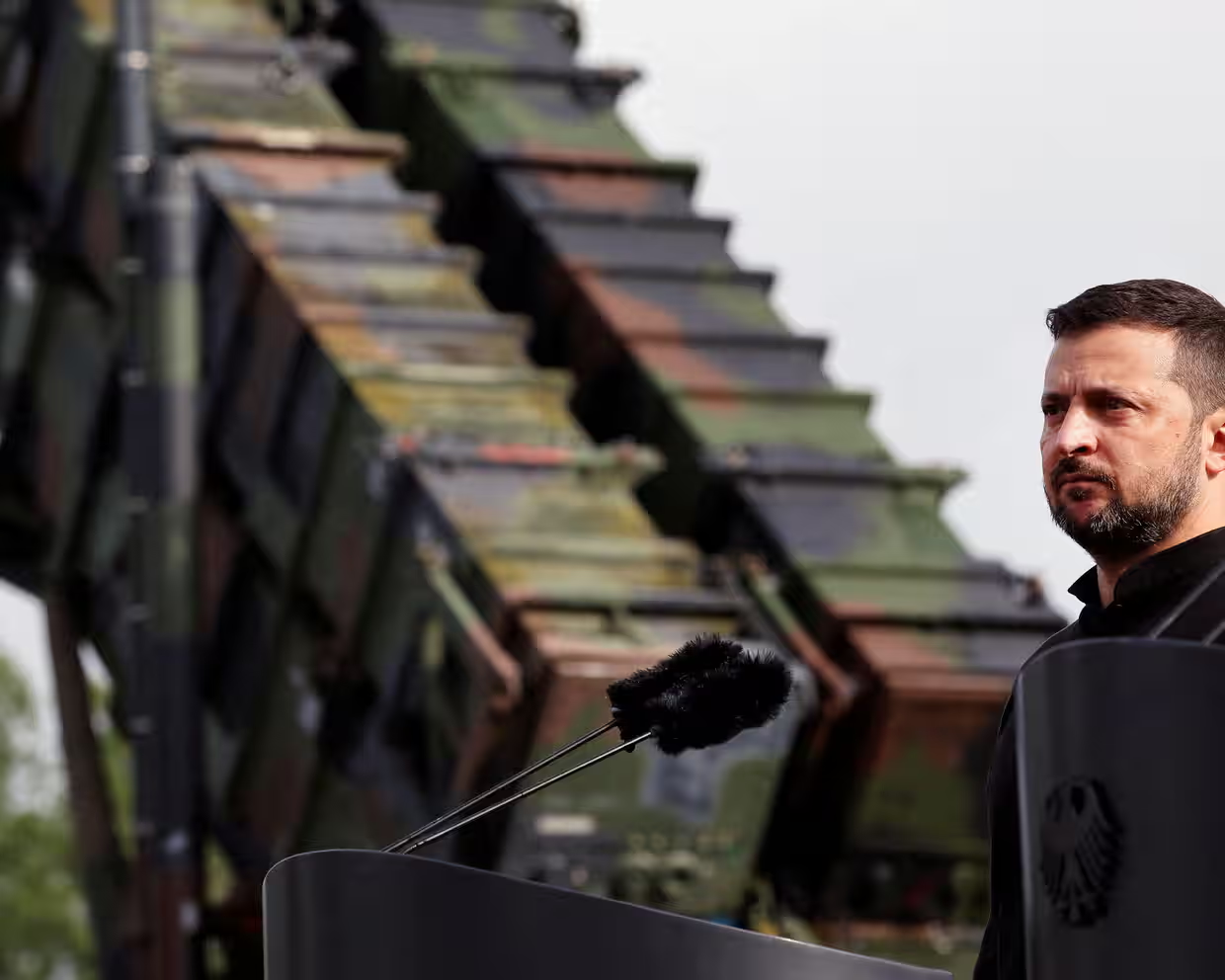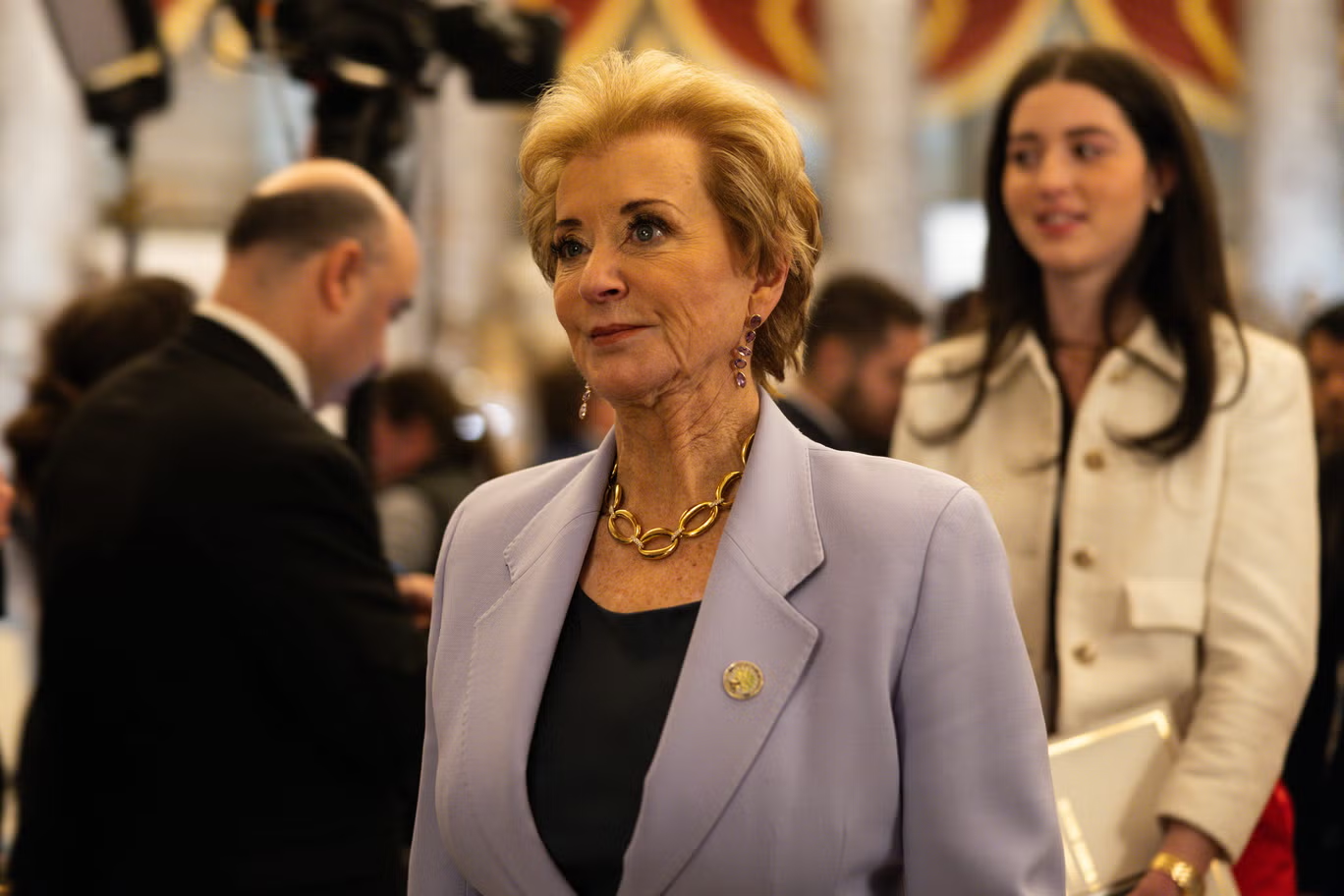How a Supreme Court Ruling, Executive Evasion, and Legal Ambiguity Left a Deported Maryland Father Trapped in El Salvador
The Abrego Garcia Supreme Court deportation case has become a striking example of the complex interplay between U.S. law, executive authority, and foreign diplomacy. It all began in October 2019, when a U.S. immigration judge determined that Kilmar Abrego Garcia, a father from Maryland and a citizen of El Salvador, could not be deported due to the high risk of gang violence he would face upon return.

Despite this ruling, the Trump administration deported Abrego Garcia on March 15, 2020. Less than a month later, the Supreme Court directed officials to “facilitate” his release from custody in El Salvador and support his return to the U.S. However, Trump officials claimed they were under no obligation to actively request his release from the Salvadoran government.
Attorney General Pam Bondi told President Trump during an April 14 Oval Office meeting, “The Supreme Court ruled, President, that if … they wanted to return him, we would facilitate it, meaning provide a plane.” This interpretation has led critics to argue that the administration is defying the nation’s highest court.
Legal experts remain divided. Some claim that the Trump administration is blatantly ignoring the Supreme Court’s directive, while others argue that the Abrego Garcia Supreme Court deportation case is mired in judicial ambiguity. Georgetown law professor Stephen Vladeck stated that the Court’s vague language created confusion, noting in his newsletter that the ruling left “a little bit of wiggle room.”
Judge Paula Xinis had initially ordered the administration to return Abrego Garcia within three days, but the Supreme Court removed that deadline. Although the Court reaffirmed that the government must “facilitate” his release, it also deferred to the Executive Branch’s authority in foreign affairs, opening the door for the administration’s passive stance.

This strategic ambiguity has allowed Trump officials to argue they need only remove domestic barriers to Abrego Garcia’s return—not actively seek his release abroad. In a court filing dated April 16, the Department of Justice said to “facilitate” means merely to allow reentry if Garcia manages to return on his own.
Judge J. Harvie Wilkinson III, writing for a unanimous Fourth Circuit panel, rejected that reasoning on April 17. He condemned the administration’s argument, stating it was “shocking not only to judges, but to the intuitive sense of liberty that Americans far removed from courthouses still hold dear.”
The Abrego Garcia Supreme Court deportation case may soon return to the high court. Judge Xinis has ordered the administration to submit documents and answer questions under oath regarding efforts to bring Garcia back. Legal analysts predict that the Supreme Court may need to issue a more definitive order.

Meanwhile, both Trump officials and El Salvador’s President Nayib Bukele have deflected responsibility. During the Oval Office meeting, Bukele asked, “How can I return him to the United States? Like I smuggle him into the United States?” No one corrected him or reminded him that the U.S. government would legally allow Garcia back in.
As the Abrego Garcia Supreme Court deportation case drags on, critics say the administration could resolve the situation diplomatically in hours but refuses to act. Jordan Rubin, in his MSNBC blog, noted that unless the Supreme Court steps in with a stronger ruling, this legal standoff may continue indefinitely.
The Abrego Garcia Supreme Court deportation case underscores not just a single legal dispute, but broader questions about accountability, the separation of powers, and human rights in immigration policy. While Abrego Garcia remains detained in El Salvador, the debate over his return becomes more than a court case—it becomes a reflection of America’s struggle with its legal and moral obligations.

This ongoing legal and diplomatic impasse may yet compel the Supreme Court to revisit the issue and issue a clearer mandate. Until then, the Abrego Garcia Supreme Court deportation case remains a cautionary tale of what happens when courts, presidents, and international diplomacy collide.



